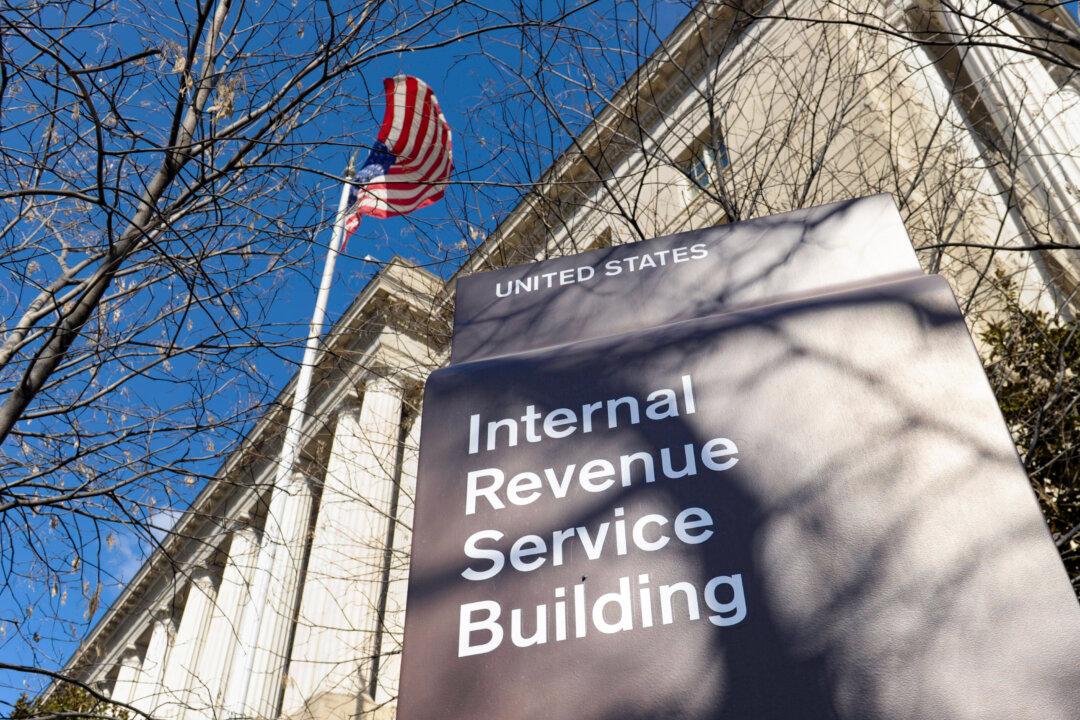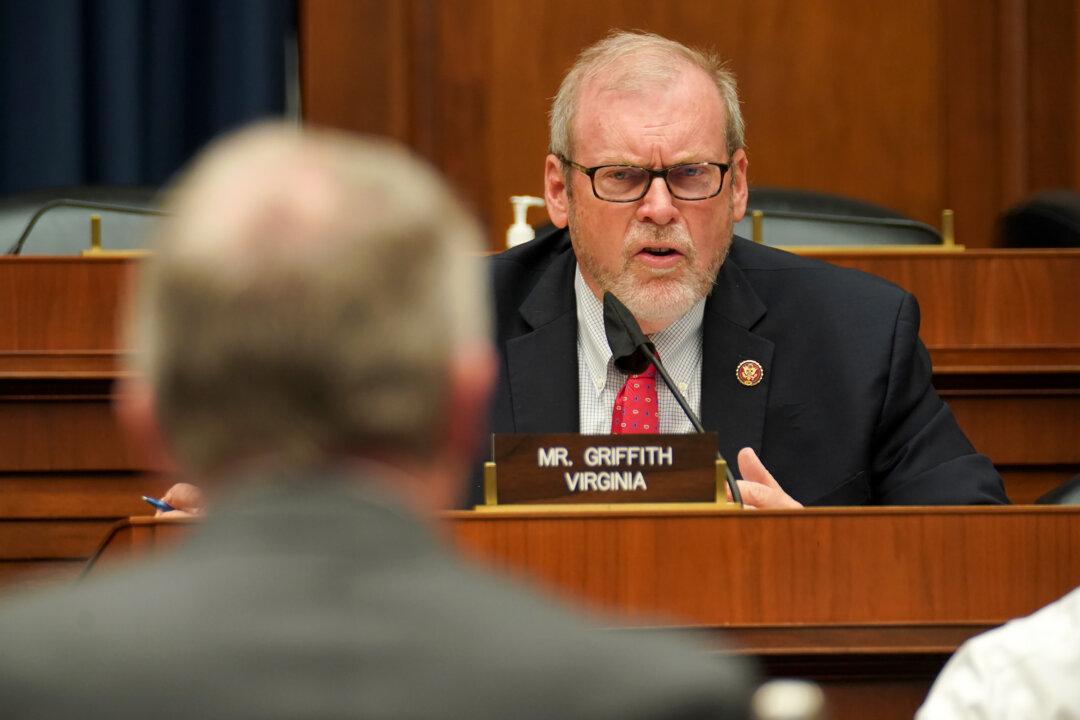The IRS will spend $80 billion over the next 10 years to increase staffing and upgrade technology in an effort to make the agency easier to deal with and fairer for all taxpayers.
“The IRS is committed to continuing to make investments so that you can deal with the IRS in an easier way going forward,” Wally Adeyemo, deputy secretary of the Treasury, told attendees at a tax forum in Washington on April 17.





